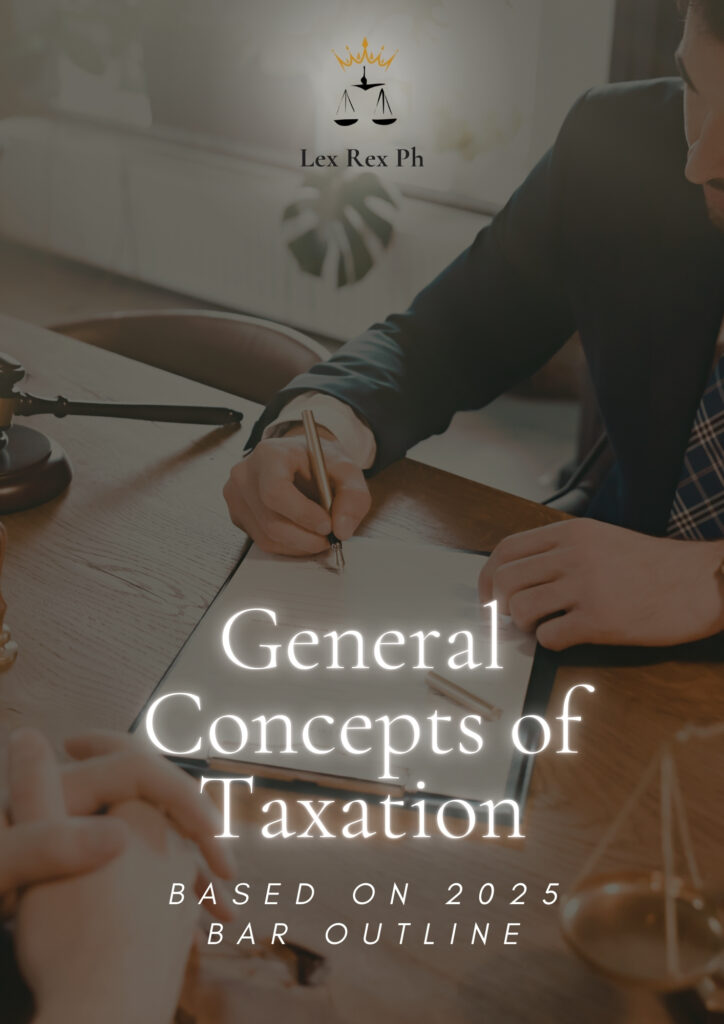Taxation, at its core, is defined as the enforced contribution of money or property assessed in accordance with law for the purpose of defraying public expenses.
This means that the government has the authority to collect funds from individuals and entities to finance the services it provides to the public.
These public services are diverse and include essential functions such as national defense, law enforcement, public education, healthcare, and infrastructure projects like roads and bridges.
Furthermore, taxation can also be used as a tool of police power to regulate noxious activity, as reflected in the saying “the power to tax is the power to destroy”.
The act of taxation establishes a symbiotic relationship between the government and its citizens. In this relationship, citizens are obligated to contribute to the state through taxes, which in turn enables the government to fund its operations and provide both tangible and intangible benefits to the people.
While the power to tax is inherently legislative in nature, meaning that the authority to create tax laws primarily lies with Congress, the implementation and enforcement of these laws can be delegated to specialized agencies, provided there are sufficient standards and guidelines.
It’s also crucial to distinguish taxation from police power: while both are inherent powers of the State, taxation’s primary aim is to generate revenue, whereas police power focuses on regulation for public welfare.
While the power to tax is inherent to the existence of a State, it is not absolute and is subject to both inherent and constitutional limitations.
One key inherent limitation is that taxation must be for a public purpose, meaning the funds collected must be used to benefit the entire body politic and not just a select group. Taxation also operates within a territorial scope, generally applying to subjects within the State’s jurisdiction.
Additionally, local government units (LGUs) cannot tax the national government or its instrumentalities, a principle enshrined in the Local Government Code. This is based on the rationale that taxing national government entities would simply involve transferring funds within the government without any real benefit.
For a tax to be considered valid, it must adhere to certain requisites derived from constitutional and statutory principles.
- Firstly, the tax must be imposed by a competent authority, which primarily includes Congress and local legislative bodies (Sanggunians of LGUs) who are granted direct authority to levy taxes, fees, and other charges.
- Secondly, the tax must be for a public purpose, with the understanding of what constitutes a public purpose evolving with society’s needs.
- Thirdly, the tax should be uniform and equitable. Uniformity means the tax applies equally to all those who belong to the same class, while equity generally implies that the tax burden should be proportionate to the taxpayer’s ability to pay.
Several important doctrines underpin the application of taxation laws. The “lifeblood doctrine” emphasizes that taxes are essential for the government’s functioning and for undertaking ventures aimed at progress.
Consequently, taxes must be collected without unnecessary hindrance, and as such, taxes are generally not subject to set-off or compensation against debts owed by the government to the taxpayer, unless explicitly provided by law.
Understanding these fundamental principles is crucial for navigating the complexities of taxation law.
For a more comprehensive and in-depth exploration of these concepts, including discussions on tax exemptions, double taxation, remedies, and the authority of tax officials, our ebook, “Bar Exam Reviewer: General Concepts and Principles of Taxation,” offers a complete guide.
Invest in your knowledge and get your copy today for a thorough understanding of this vital area of law!

Basic Principles of Taxation (2025 Bar Outline)
45 pages
“Bar Exam Reviewer: General Concepts and Principles of Taxation” is your concise guide to mastering Philippine Taxation Law for bar exams and beyond. This ebook simplifies complex topics like taxation concepts, inherent and constitutional limitations, valid tax requisites, and key doctrines. Understand double taxation, tax exemptions, tax avoidance vs. evasion, tax compromise, amnesty, and taxpayer’s suits. Based on up-to-date laws and Supreme Court decisions, this essential resource will help you unlock your understanding and achieve success. Get your copy today!
